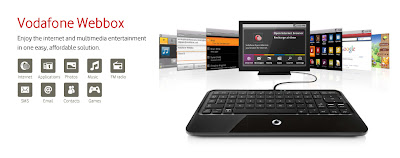'Facebook should be paying us'
A newly formed Facebook Users' Union believes the website should consult its millions of users on how it best uses the profits made from their freely given data
After a few high-profile but ultimately impotent protests by some early adopters, the backlash over Facebook's use of data seemed to die down. But in tune with growing public awareness over the control of personal data, a new Facebook union is providing one coherent and off-Facebook hub for discussion.
With just 19 members, the Facebook Users' Union is definitely more a concept than a campaign force. "It's a statement that would love to develop into a movement," the creator of the page, Richard Buchanan, told me. Buchanan, a freelance advertising creative, says that people are effectively working for free to create wealth for Facebook's shareholders. "Online tools really aren't free. We pay for them with micropayments of personal information."
Buchanan wants someoneto calculate the value of each Facebook user, based on how much money Facebook (or Google, or MySpace) makes from advertising next to their information. "It may be a small amount but it adds up when scaled into the half billion. Thus I feel we, the users, should have a say in how the profit gets distributed. We should be able to donate some of our annual value to good causes."
Buchanan said he's been preoccupied with the idea of "digital sharecropping" since last year. "Facebook, Wikimedia and the rest are making millions from the value created by users, acting like a cooperative but paying itself like a private company. It feels like a great opportunity to begin to redefine the current relationship between consumer value and company profit."
Our sense of what is private and what is public is shifting fast, fuelled by social media. Buchanan says this "lack of social instrumentation" is suffocating but that people are becoming more aware of the implications of over-sharing – like the daily ritual of de-tagging Facebook photos. He's betting on the Diaspora model for the future, but how about thinking of Facebook directly paying us for our data, or making a donation to charity?
"It would be a great day if Facebook purchased users' content," he says. "The union is kind of demanding that but the money would go to a good cause instead of to the user. It's kind of a benevolent form of profit sharing. We make our play pay."


Comments
Post a Comment
Be sure to check back again because I do make every effort to reply to your comments here. Karibu :)